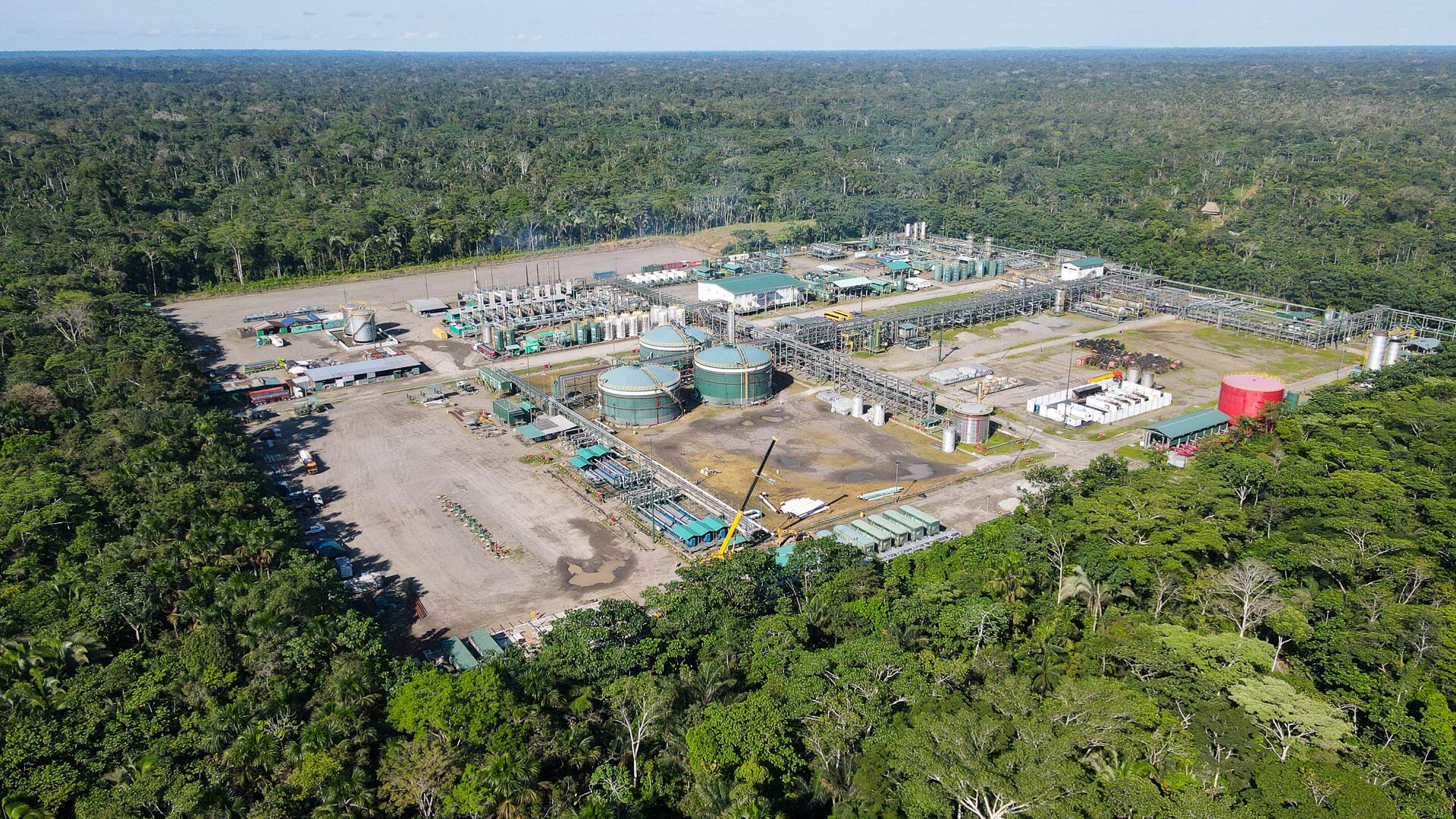Raise a glass and give thanks to the people of Ecuador, who have voted for life, for other species and future generations in a national referendum that obliges the state oil company to dismantle operations in a ethno- and bio-diverse area of the Yasuni national park.
This hopeful and forward-looking vote defies economic pressure, fossil fuel power and the entreaties of the outgoing Ecuadorean President Guillermo Lasso, who insisted that oil drilling in this Amazonian region was essential for the state’s finances.
In what should be a lesson to Brazilian President Lula and other fossil-loving regional leaders, the Ecuadorian state will now be left with billions of dollars of stranded assets that were recklessly invested in a project that ignored local people, nature, and the climate emergency.
Six out of ten Ecuadorians had voted against the ongoing oil exploration at the Ishpingo-Tambococha-Tiputini (ITT) project inside the Yasuni national park, a suerbiodiverse area that Is Inhabited by two indigenous groups in voluntary isolation, the Tagaeri and Taromenane, Yasuni is recognised by Unesco as a world biosphere reserve. It is home to at least 2,200 native tree species and more than 100,000 types of insects per hectare.
After I visited in 2012, I wrote: “In their first hour in Yasunt’s Amazonian forest, many people will see more creatures than they have seen in their entire lives, including some that have yet to be documented by science. To paddle up the Ayango creek that leads from the traffic and pollution of the Napo river into the most biodiverse region on Earth is to encounter a wall of noise, frequent bursts of colour and unimaginable combinations of life”.
This ought to be defended by Ecuador’s constitution, which recognises the rights of nature and promises to protect sensitive ecosystems from “activities that could lead to species extinction, the destruction of ecosystems, or the permanent alteration of natural cycles”.
But the discovery of a $7.2bn oil reserve inside the park prompted a fierce debate. In 2007, then-president Rafael Correa proposed to the United Nations General Assembly that the fossil fuels could be left in the ground at the Ishpingo-Tambococha-Taputing oil field area inside Yasuni if the international community would provide half that amount to that state. The Yasuni-In initiative, as his proposal became known, soon floundered on a lack of donations.

Six out of ten Ecuadorians had voted against the ongoing oil exploration inside the Yasuni national park, a world biosphere reserve. Photo: Rodrigo Buendia/AFP
Oil production started in 2016 and the ITT project now has 12 drilling platforms and 225 wells that produce 54,800 barrels per day. The impacts on local people and the environment share similarities with the illegal gold mining in the Brazilian Amazon. Spills contaminate the earth and water, roads are opened up to bring equipment (which also opens the ways for loggers and poachers), there is more traffic and pollution on the rivers, noise and light disturb wildlife and local indigenous communities are divided between those who are given jobs and those who chose traditional ways. According to the Andean Amazon Monitoring Project, a Amazon Conservation initiative, 689 hectares have been deforested in Yasuní, mostly by the oil industry.
The vote should put an end to this, which leaves the Ecuadorean government with an economic headache. Oil exports account for 10% of GDP and provide a third of state revenues. Petroecuador 1s now anticipating heavy losses of $16.5bn over the next 20 years as a result of the referendum, which means it will lose income and have to pay for blocking the wells and clearing the site.
Fact check: Plínio Lopes
Spell check (Portuguese): Elvira Gago
Translation into Portuguese: Denise Bobadilha
Translation into Spanish: Meritxell Almarza
Photography editing: Lela Beltrão
Page setup: Viviane Zandonadi





